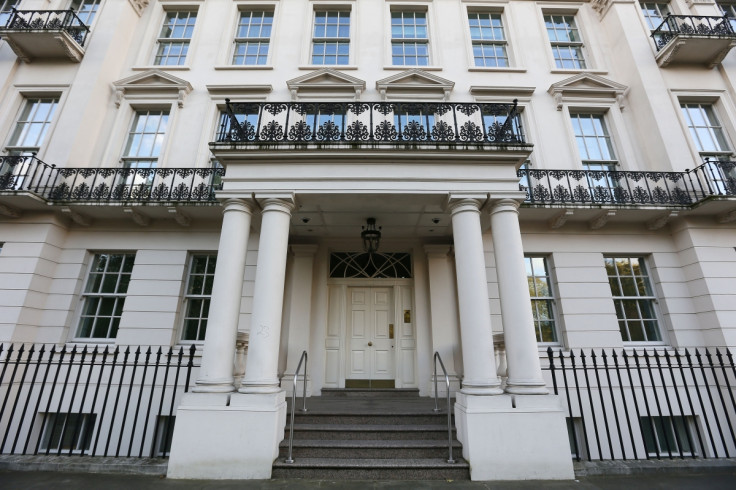London property: Falling oil price will fuel prime central housing market

Ongoing low oil prices will cause an anxious wealthy elite in oil-rich countries to keep pumping their money into property, suggests the estate agent Knight Frank, with the prime central London market set to benefit as a leading "safe haven" for foreign capital.
A barrel of Brent crude oil fell below $30 in recent weeks amid a glut in supply, well below its peak of over $146. Opec countries refuse to cut production to keep pressure on the booming shale industry in the US, which is emerging as a competitive rival to the once-dominant group. Newly-lifted sanctions on Iran also make it unlikely to cut oil production. And a global economic slowdown, sparked by China's weakening growth, is weighing the oil price down amid pessimism about future demand.
But low oil prices are hurting oil-producers' economies and pushing them into austerity measures, including spending cuts and tax rises. Capital outflows are following as wealthy citizens look to shelter their money elsewhere to ride out the storm. In the first half of 2015, over $24bn (£16.5bn, €21.9bn) of private capital left Saudi Arabia, the world's largest oil producer. And prime central London property, a popular warehouse for foreign cash, may be the shelter they are looking for.
"First, a lower oil price will keep inflation in check, which will delay the moment the Bank of England raises interest rates, supporting demand for mortgages," said Knight Frank in its Prime Central London Sales Index for January. "Second, while some institutional capital is returning to or remaining in the Middle East to support the local economies, private individuals are more likely to buy property and other asset classes outside the region due to longer-term concerns about what the falling oil price may mean.
"This trend for outflows of private capital has parallels with what has taken place in China, with the Institute of International Finance reporting in January that outflows from China and emerging markets were larger than anticipated due to concerns over the country's economic slowdown and outlook for the stock market."
The top end of London's property market has weakened from its headiest days after the financial crisis. Chancellor George Osborne hiked stamp duty for the most expensive properties at the end of 2014. He is also increasing taxes on the buy-to-let sector and in 2013 introduced the "annual tax on enveloped dwellings", a levy on high-value homes owned by companies. But Knight Frank said there are signs of a pick-up. Prime central London prices rose by 0.1% on average over the month in January 2016, said Knight Frank, taking annual growth to 1.2%. And sales volumes picked up slightly at the end of 2015, though for the second half of the year they were down 17% on 2014.
"Sales volumes in prime central London have increased following a period of subdued trading last autumn," said Tom Bill, head of residential research at Knight Frank. "The pick-up suggests buyers and vendors have begun to absorb the stamp duty changes introduced in December 2014, with asking prices that increasingly reflect higher rates of stamp duty and lower levels of price growth. Indeed, the escalating level of market commentary and media coverage concerning the slowdown in the prime central London property market means it has become easier for vendors to accept the fact prices have been essentially flat since summer 2014."
© Copyright IBTimes 2025. All rights reserved.






















